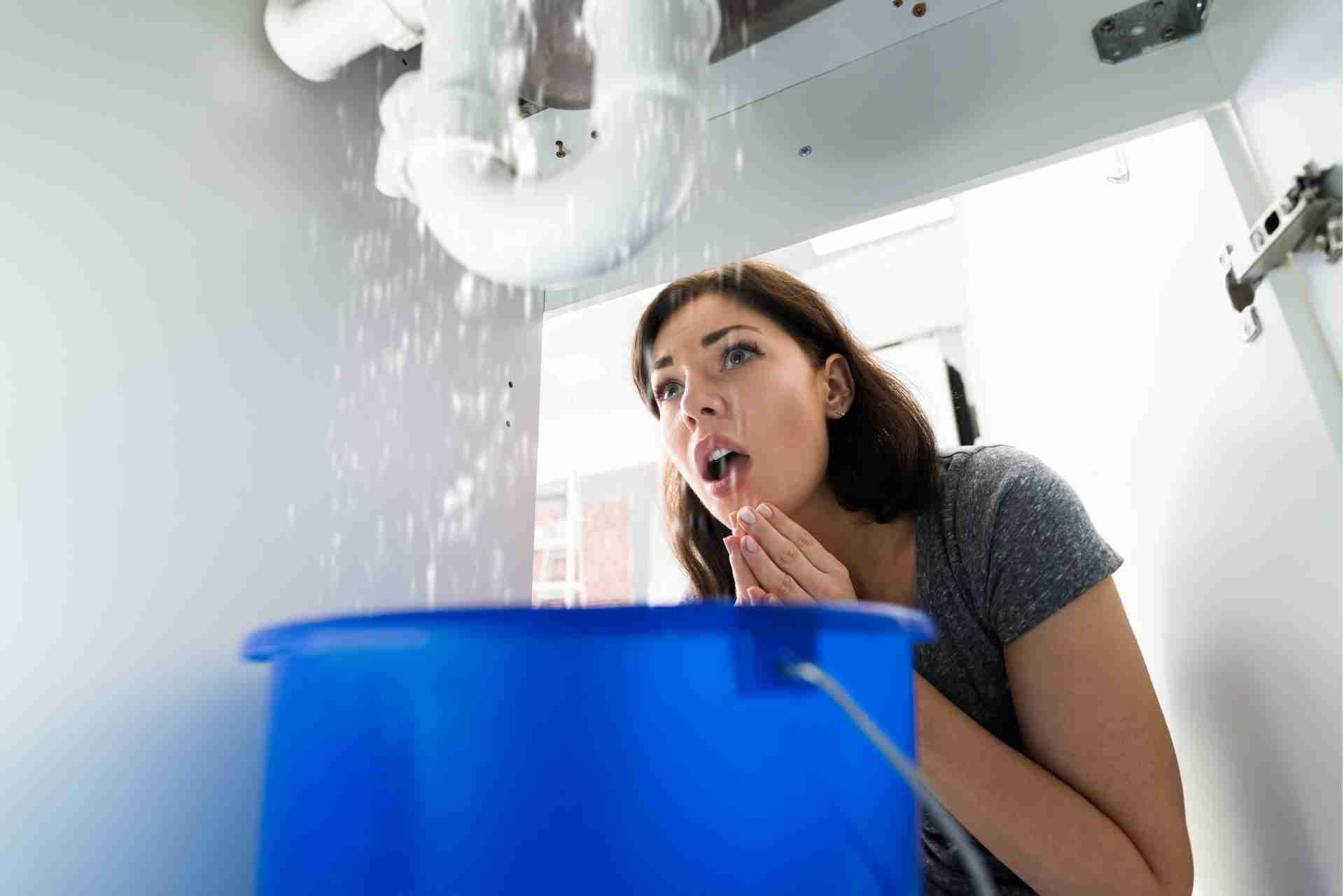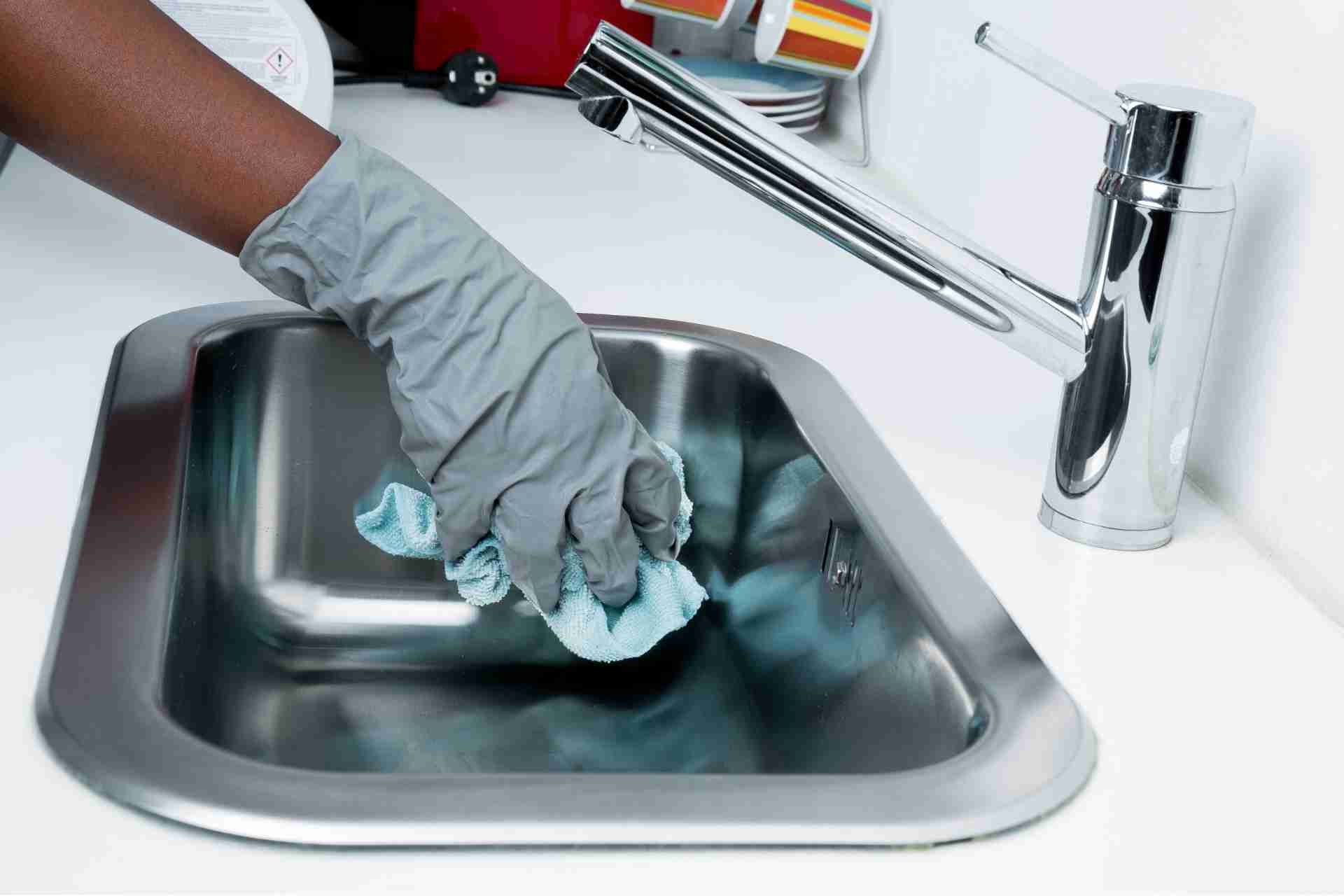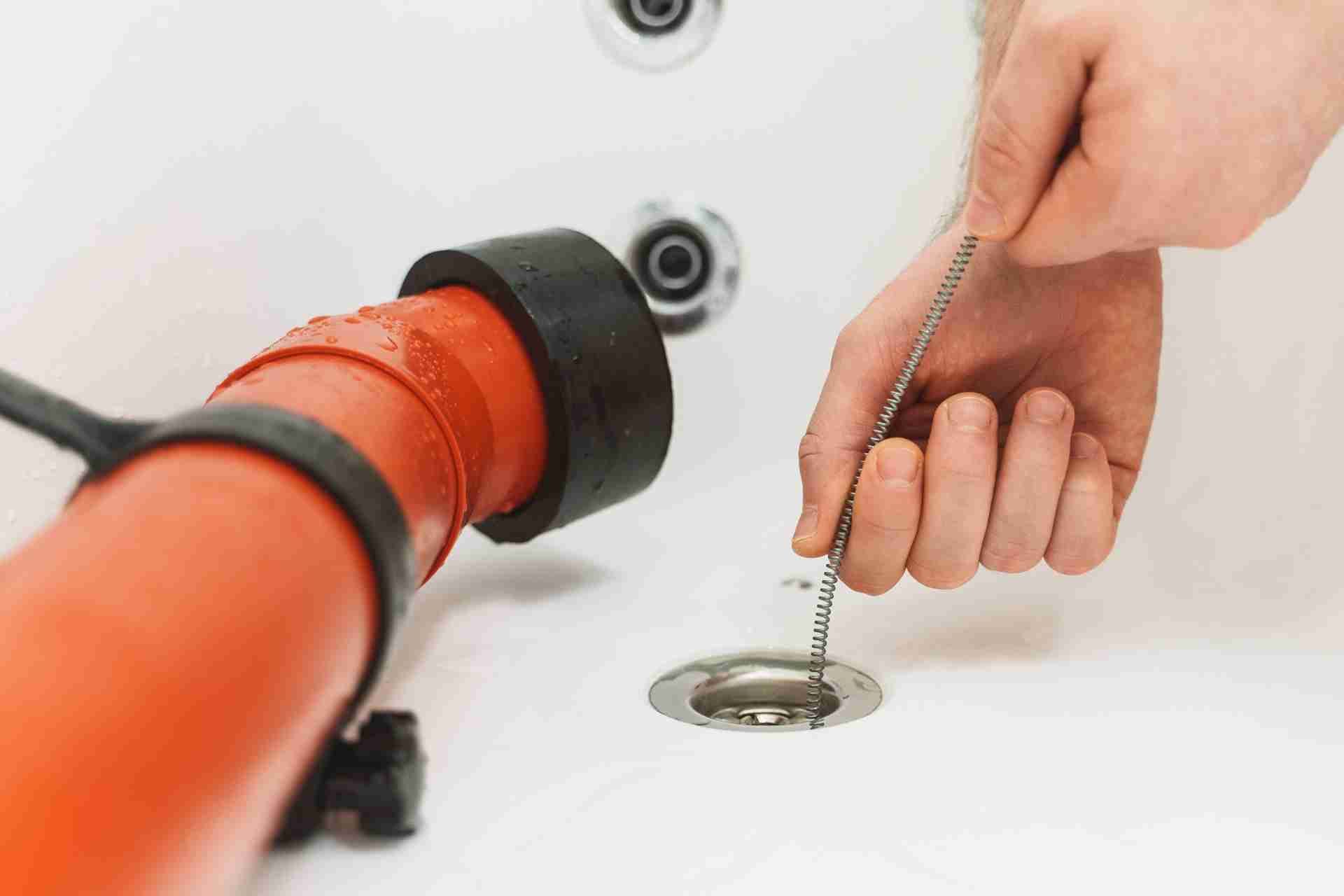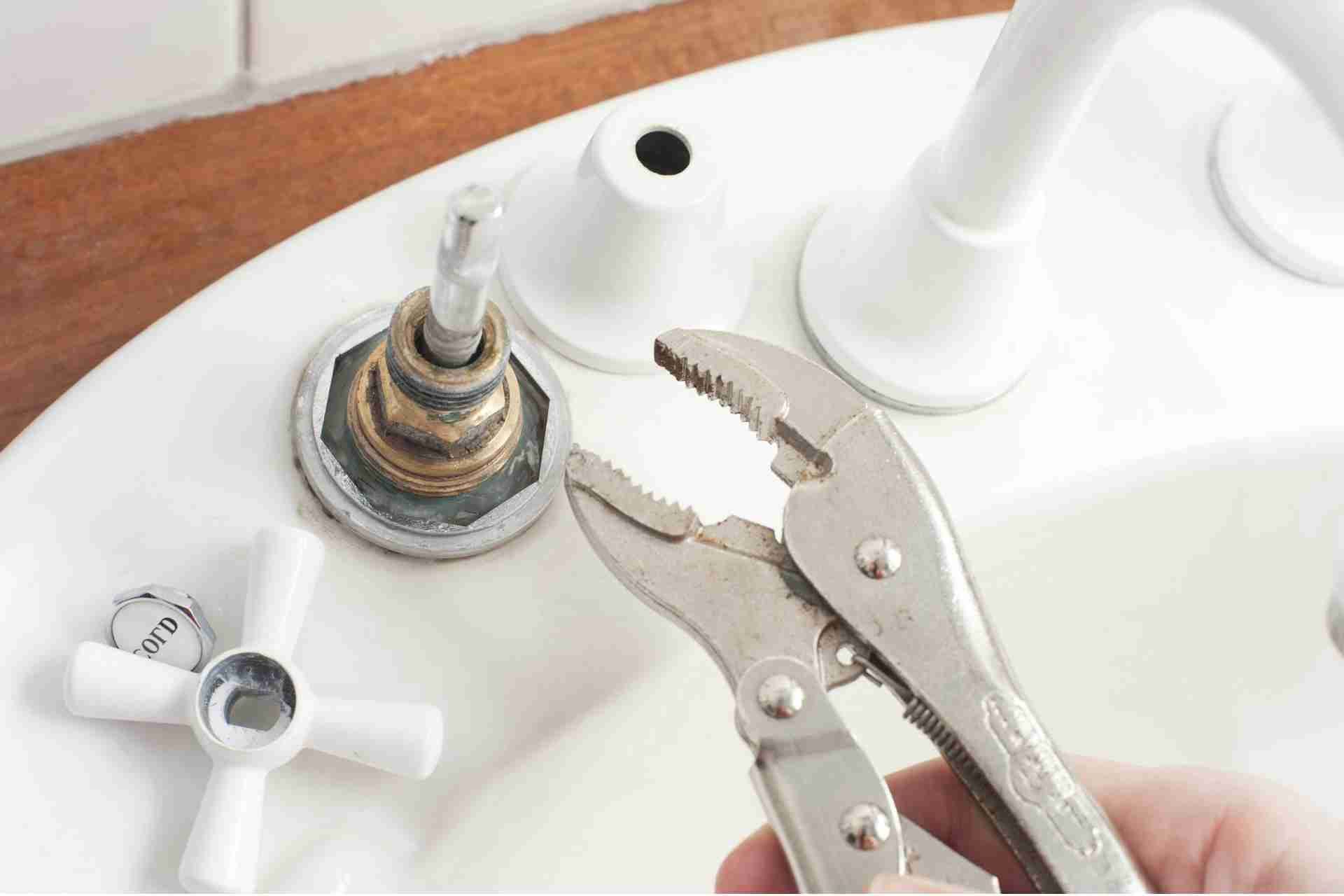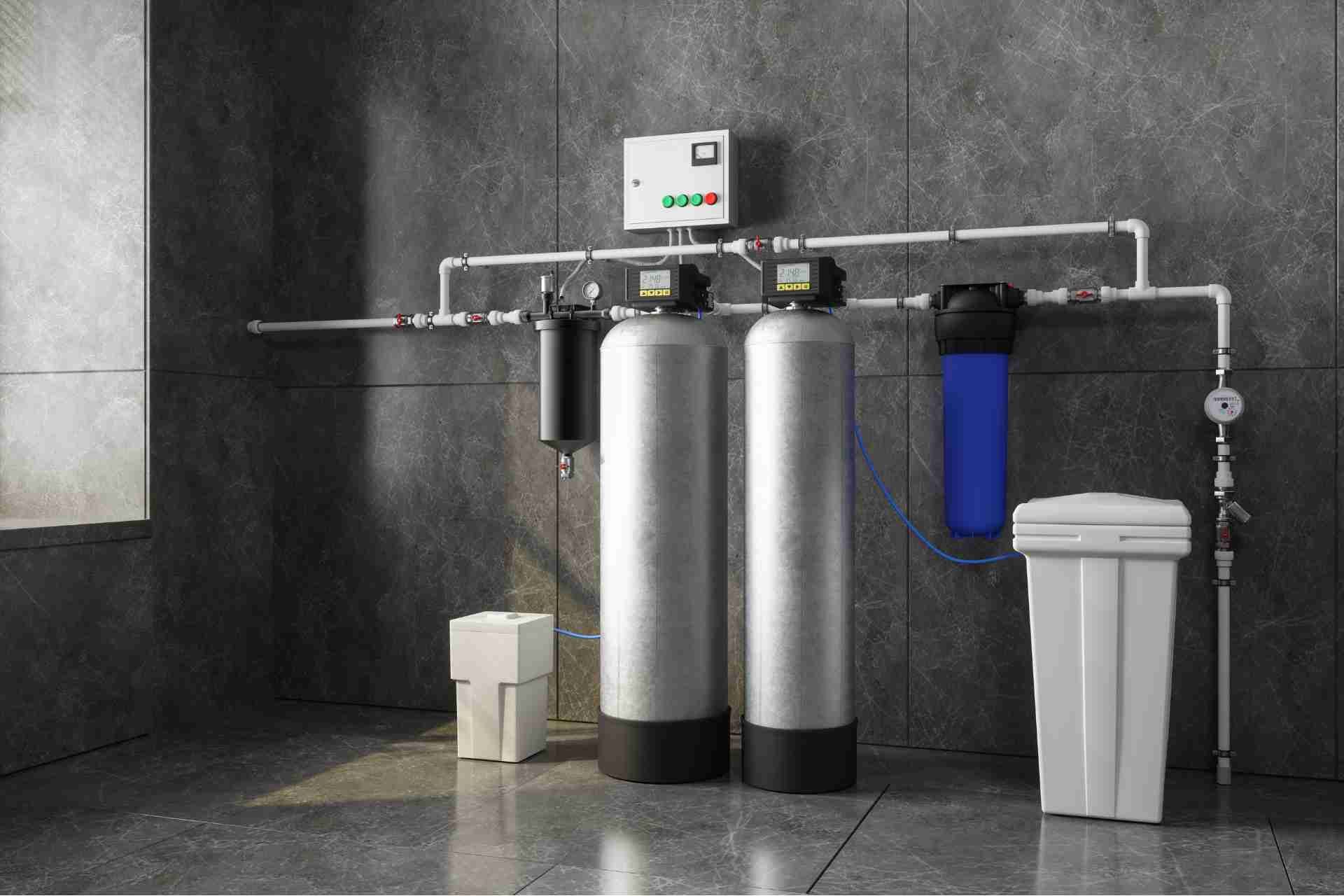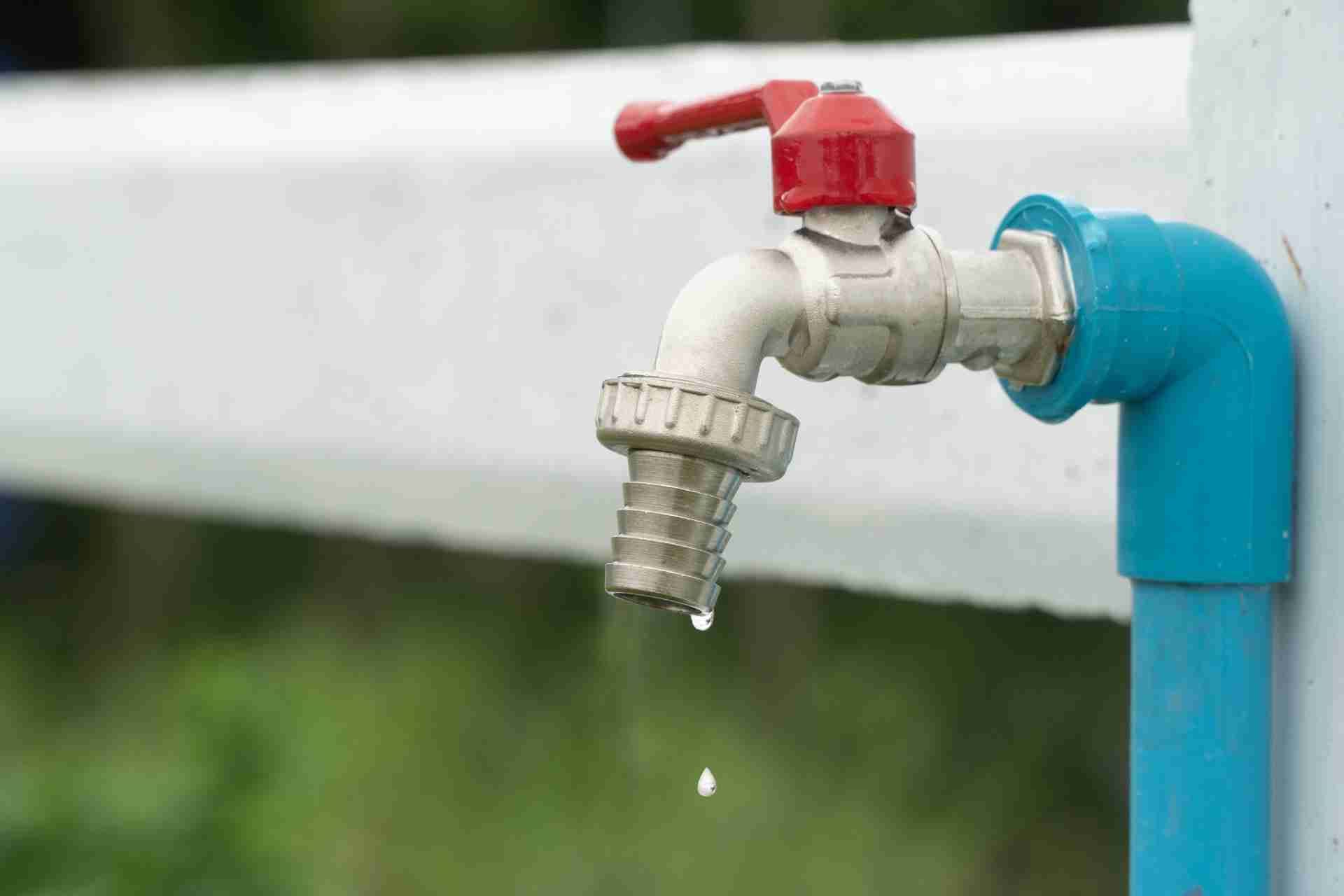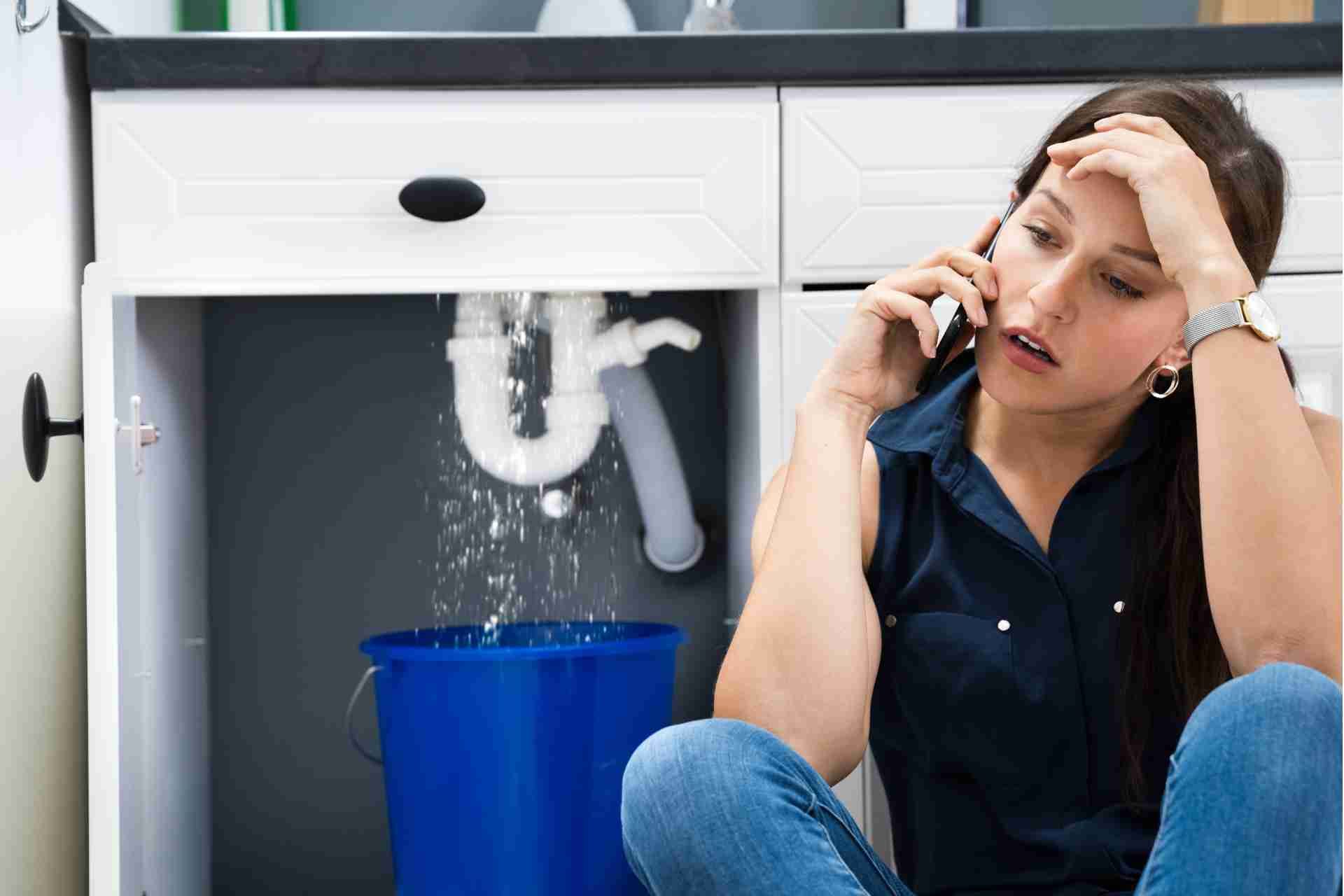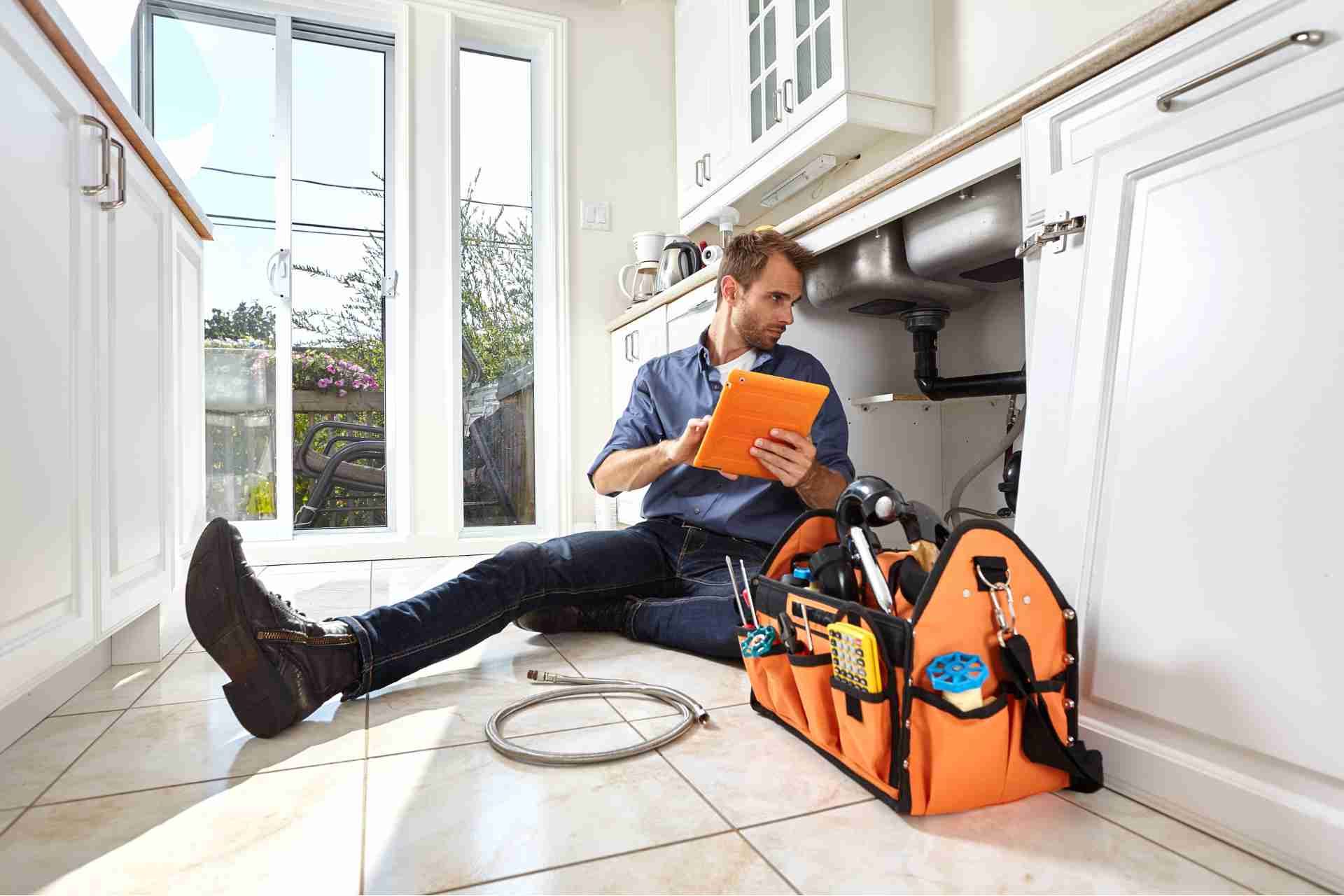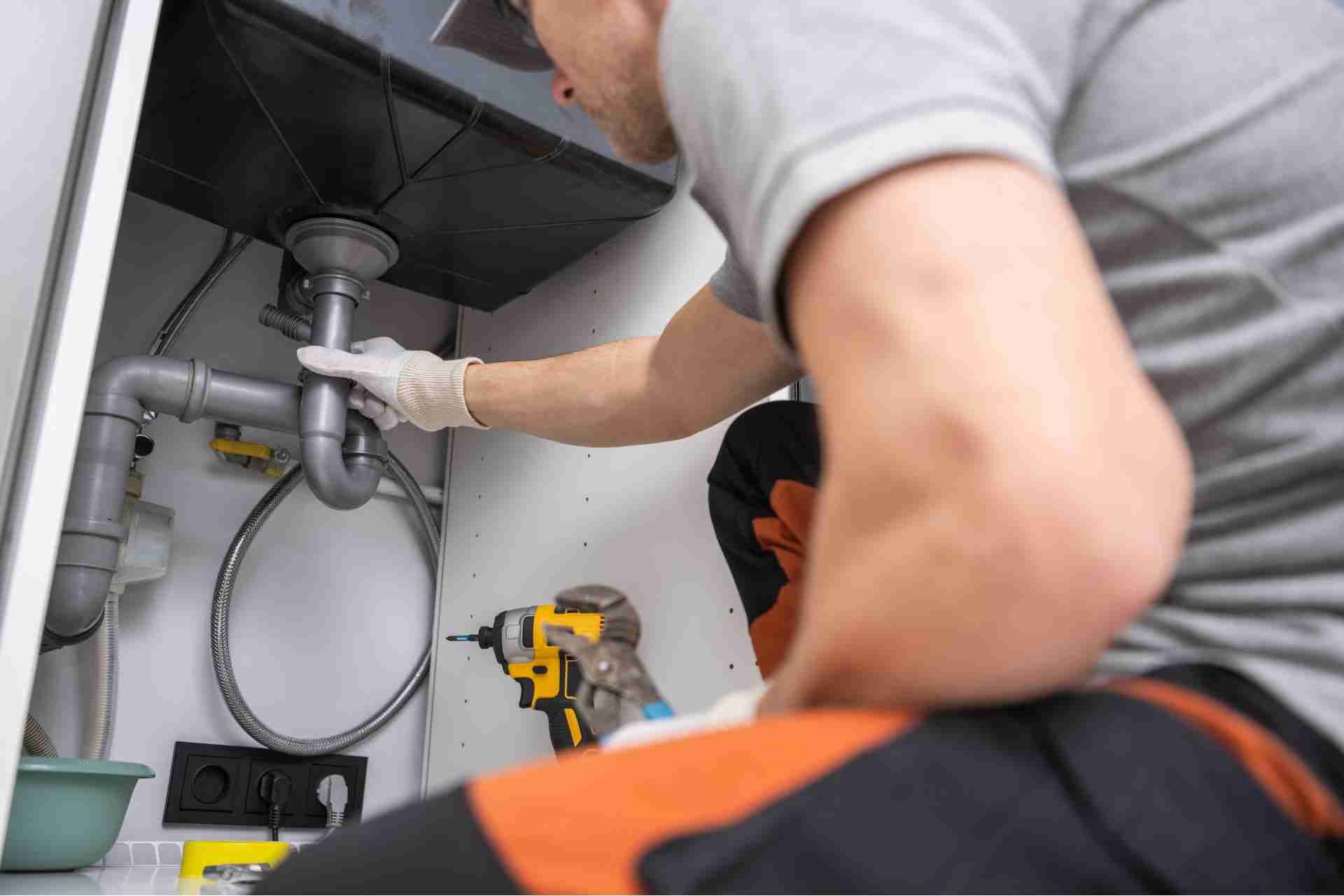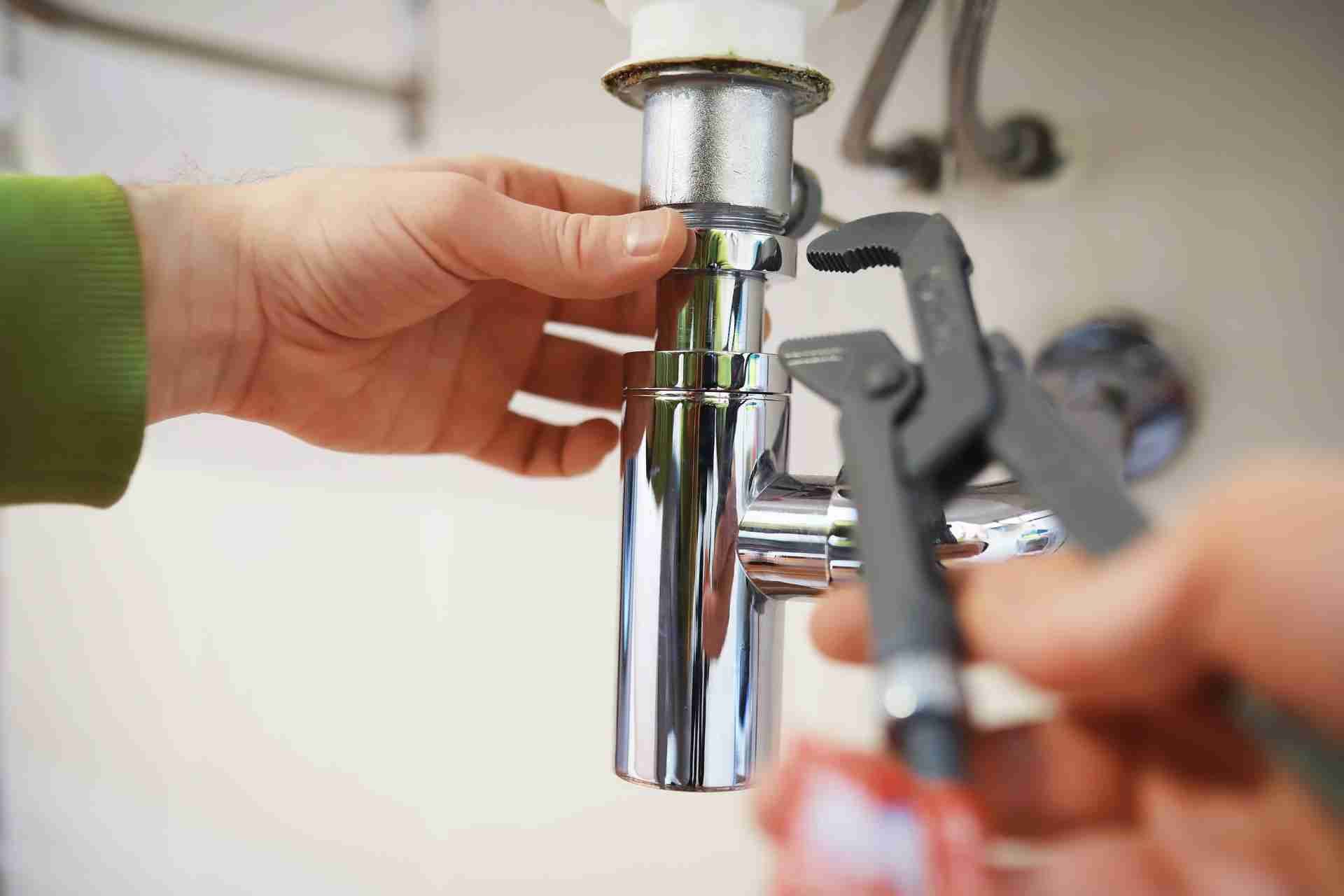Plumbing Fixtures: A Comprehensive Guide to Understanding Their Importance and Types
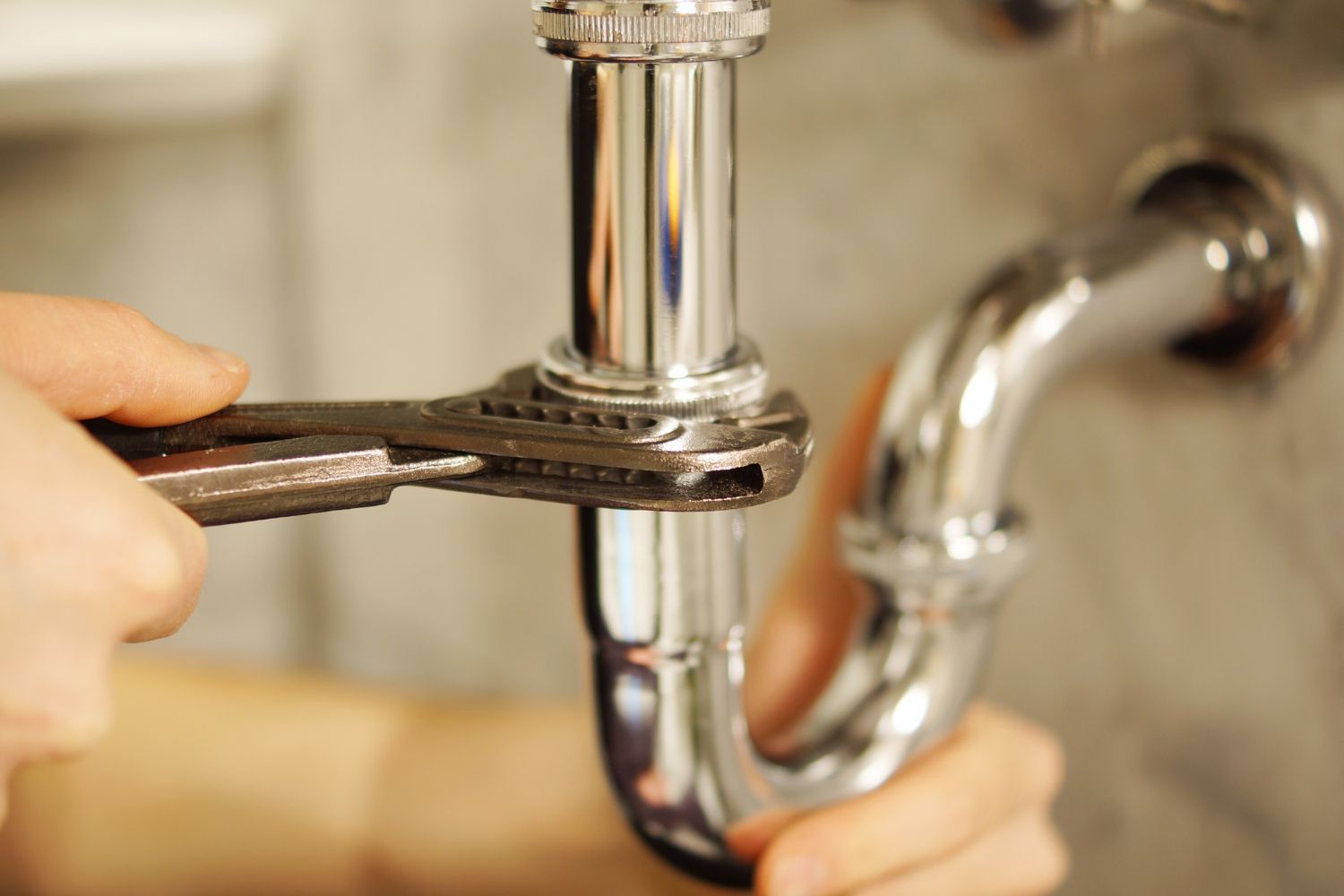
Introduction
Plumbing fixtures play a vital role in our everyday lives, providing essential functions for water supply, drainage, and sanitation. From faucets and sinks to toilets and showers, these fixtures are integral components of our plumbing systems. In this blog post, we will explore what plumbing fixtures are, their importance in residential and commercial settings, and the different types available on the market. Whether you're a homeowner or a business owner, understanding plumbing fixtures will help you make informed decisions when it comes to installation, maintenance, and upgrading your plumbing system.
Defining Plumbing Fixtures
Plumbing fixtures refer to the devices and appliances that are connected to the plumbing system to facilitate the distribution and use of water in a building. They are responsible for tasks such as supplying clean water, draining waste, and providing convenient access for various water-related activities. Plumbing fixtures can be found in kitchens, bathrooms, utility rooms, and outdoor areas, and they come in a variety of designs, materials, and functionalities.
Importance of Plumbing Fixtures
Plumbing fixtures serve crucial purposes that impact our daily lives in several ways:
- Water supply: Fixtures like faucets, showers, and toilets ensure a reliable and controlled water supply for cooking, cleaning, bathing, and sanitation needs.
- Hygiene and sanitation: Plumbing fixtures, particularly toilets and sinks, enable proper waste disposal and handwashing, maintaining hygiene and preventing the spread of diseases.
- Convenience and comfort: Well-designed plumbing fixtures enhance convenience and comfort by providing efficient water flow, temperature control, and ergonomic features for ease of use.
- Aesthetics and value: Plumbing fixtures contribute to the overall aesthetics of a space, and high-quality fixtures can increase the value of a property.
Types of Plumbing Fixtures
There is a wide range of plumbing fixtures available, each designed for specific functions and areas of the home or building:
- Bathroom fixtures: These include toilets, sinks, bathtubs, showers, bidets, and vanities. They are essential for personal hygiene, grooming, and relaxation.
- Kitchen fixtures: Kitchen sinks, faucets, and garbage disposals are key components for food preparation, cooking, and dishwashing.
- Utility room fixtures: These fixtures are typically found in laundry rooms and include utility sinks, faucets, and washing machine connections.
- Outdoor fixtures: Outdoor faucets, hose bibs, and sprinkler systems are crucial for gardening, lawn care, and outdoor cleaning.
- Specialty fixtures: These include drinking fountains, eye wash stations, urinals, and pet washing stations, designed for specific needs or commercial settings.
Factors to Consider When Choosing Plumbing Fixtures
When selecting plumbing fixtures, several factors should be taken into account:
- Functionality and features: Consider the intended use and desired features of the fixture, such as water-saving options, temperature control, and ease of maintenance.
- Quality and durability: Opt for fixtures made from high-quality materials that can withstand regular use, resist corrosion, and have long lifespans.
- Style and design: Choose fixtures that complement the overall aesthetics of your space and reflect your personal taste, whether it's modern, traditional, or contemporary.
- Water efficiency: Look for fixtures with high WaterSense ratings or energy-efficient features to conserve water and reduce utility costs.
- Budget considerations:
Determine your budget and strike a balance between quality, functionality, and affordability when selecting fixtures.
Installation and Maintenance of Plumbing Fixtures
Proper installation and regular maintenance are crucial for the longevity and optimal performance of plumbing fixtures. It is recommended to hire a licensed plumber for installation to ensure proper connections, prevent leaks, and comply with local building codes. Routine maintenance, such as cleaning aerators, checking for leaks, and replacing worn-out parts, will help extend the lifespan of the fixtures and avoid costly repairs down the line.
Conclusion
Plumbing fixtures are essential components of any plumbing system, providing us with clean water, efficient drainage, and convenient access for various water-related activities. From bathrooms to kitchens and utility rooms, these fixtures contribute to our daily comfort, hygiene, and overall well-being. By understanding the importance of plumbing fixtures and the different types available, you can make informed decisions when choosing fixtures for your home or commercial space. Consider functionality, quality, style, water efficiency, and budget considerations when selecting fixtures, and ensure proper installation and maintenance to maximize their performance and longevity. With the right plumbing fixtures in place, you can create a functional, efficient, and aesthetically pleasing plumbing system that meets your needs and enhances your living or working environment.


